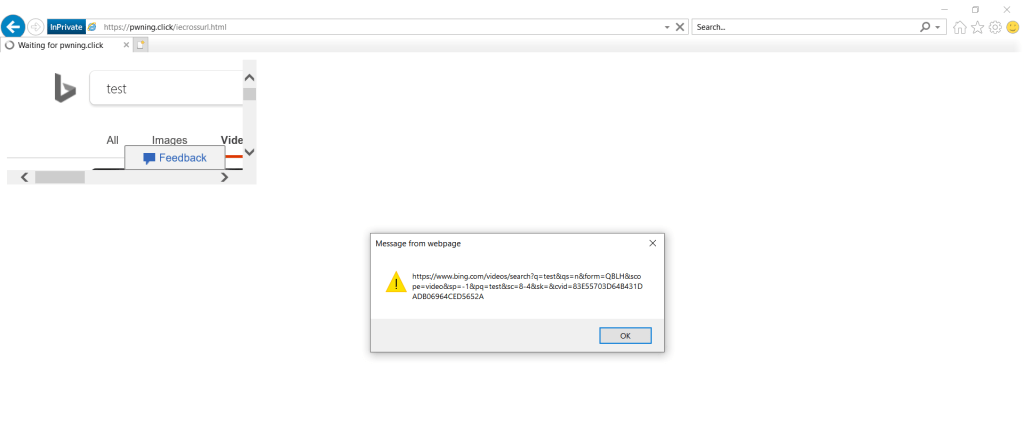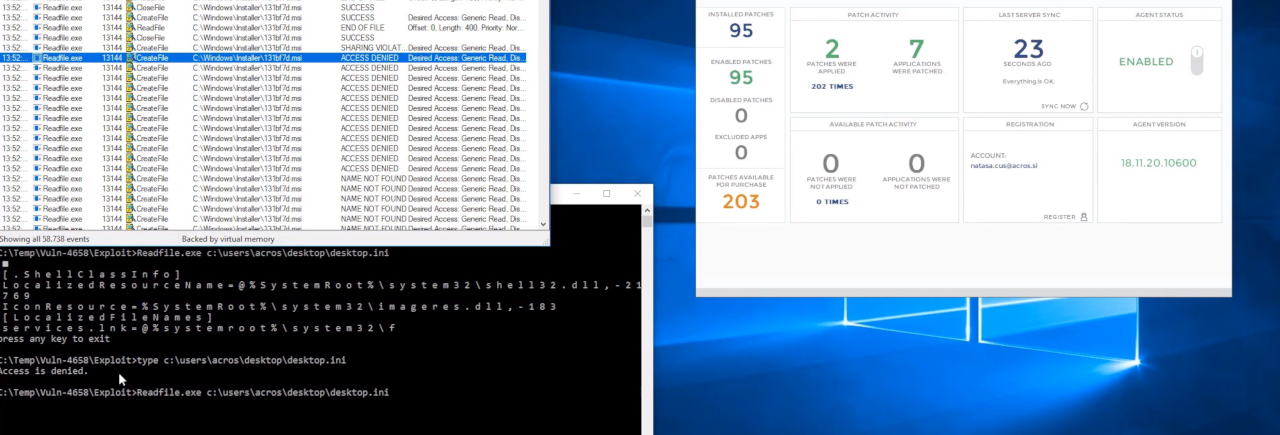Resecurity, a Los Angeles-based cybersecurity company has identified an active a zero-day vulnerability in the TP-Link device with model number TL-XVR1800L (Enterprise AX1800 Dual Band Gigabit Wi-Fi 6 Wireless VPN Router), which is primarily suited to enterprises.
The identified vulnerability enables Remote Code Execution (RCE) which grants the ability to takeover of the device and then use it for malicious purposes, as well as to steal sensitive data too. It’s likely this vulnerability is present in other devices from the same family.
The affected device is orientated towards the enterprise segment and supports Wi-Fi 6 (the next-generation wireless standard which is faster than 802.11ac). Wi-Fi 6 officially arrived in late 2019, and Wi-Fi 6 enabled hardware was released throughout 2020. The main goal of this new standard is enhancing throughput-per-area in high-density scenarios, such as corporate offices, shopping malls and dense residential apartments.
Resecurity notified TP-Link on November 19th 2021, and received acknowledgment the very next day. TP-Link said they’re going to release a patch in a week (currently the 0-day vulnerability is in the wild). Resecurity shared Proof-of-Concept with TP-Link of how Remote Code Execution was achieved on the target device, along with multiple other vulnerabilities.

Below is the video PoC of the zero-day exploitation:
The Life and Times of Zero-Day Vulnerabilities and Their Exploits























